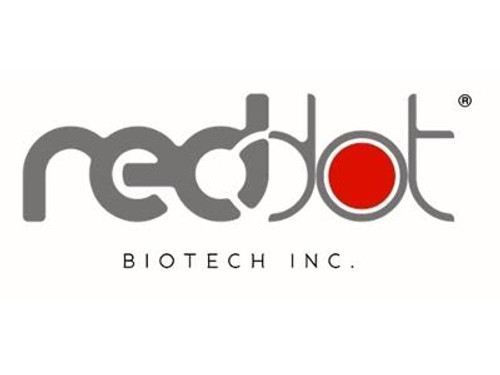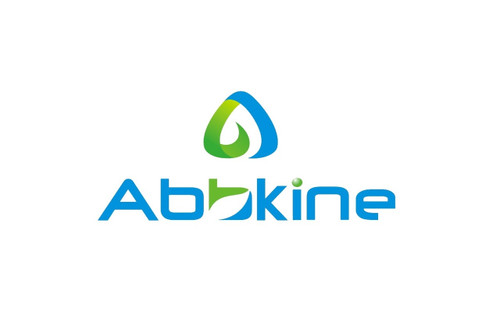Product Description
Human Breast cancer susceptibility protein 1 (BRCA1) ELISA Kit | AE63118HU | Abebio
Species Reactivity: Human (Homo sapiens)
Abbreviation: BRCA1
Alternative Name: BRCAI; BRCC1; BROVCA1; IRIS; PSCP; RNF53; BRCA1/BRCA2-containing complex; subunit 1|RING finger protein 53|breast and ovarian cancer susceptibility protein 1|breast and ovarian cancer sususceptibili
Application: ELISA
Range: 0.156-10 ng/mL
Sensitivity: 0.065 ng/mL
Intra-Assay: ≤4.2%
Inter-Assay: ≤6.6%
Recovery: 0, 93
Sample Type: Serum, Plasma, Other biological fluids
Detection Method: Sandwich
Analysis Method : Quantitive
Test Principale: This assay employs a two-site sandwich ELISA to quantitate BRCA1 in samples. An antibody specific for BRCA1 has been pre-coated onto a microplate. Standards and samples are pipetted into the wells and anyBRCA1 present is bound by the immobilized antibody. After removing any unbound substances, a biotin-conjugated antibody specific for BRCA1 is added to the wells. After washing, Streptavidin conjugated Horseradish Peroxidase (HRP) is added to the wells. Following a wash to remove any unbound avidin-enzyme reagent, a substrate solution is added to the wells and color develops in proportion to the amount of BRCA1 bound in the initial step. The color development is stopped and the intensity of the color is measured.
Product Overview: BRCA1 is a human gene, some mutations of which are associated with a significant increase in the risk of breast cancer, as well as other cancers. BRCA1 belongs to a class of genes known as tumor suppressors, which maintains genomic integrity to prevent dangerous genetic changes. The multifactorial BRCA1 protein product is involved in DNA damage repair especially error-free repair of DNA double strand breaks, ubiquitination, transcriptional regulation as well as other functions.The BRCA1 protein is directly involved in the repair of damaged DNA. In the nucleus of many types of normal cells, the BRCA1 protein is thought to interact indirectly with RAD51 during repair of DNA double-strand breaks, though the details and significance of this interaction is the subject of debate.
Stability: The stability of ELISA kit is determined by the loss rate of activity. The loss rate of this kit is less than 5% within the expiration date under appropriate storage condition. The loss rate was determined by accelerated thermal degradation test. Keep the kit at 37°C for 4 and 7 days, and compare O.D.values of the kit kept at 37°C with that of at recommended temperature. (referring from China Biological Products Standard, which was calculated by the Arrhenius equation. For ELISA kit, 4 days storage at 37°C can be considered as 6 months at 2 - 8°C, which means 7 days at 37°C equaling 12 months at 2 - 8°C) .
 Euro
Euro
 USD
USD
 British Pound
British Pound
 NULL
NULL








